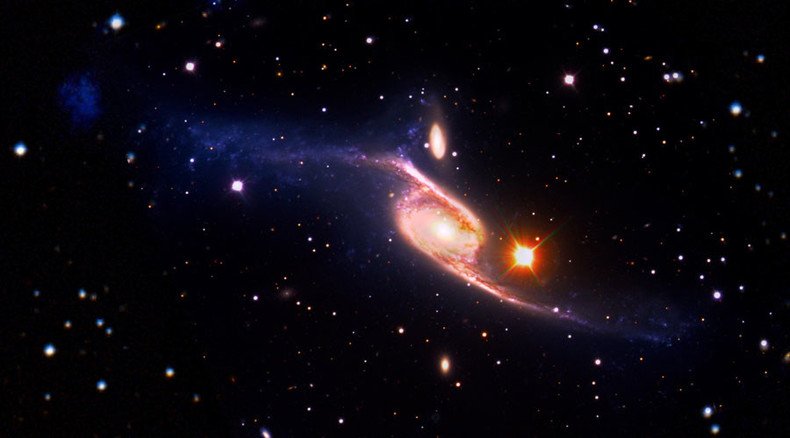Beware, our universe is dying, says large-scale astronomy study

Having used the world’s most powerful telescopes to study energy emanating from 200,000 galaxies, an international team of scientists has confirmed that our universe is dying.
"The universe has basically sat down on the sofa, pulled up a blanket and is about to nod off for an eternal doze," said Simon Driver of the University of Western Australia, who heads the Galaxy and Mass Assembly project (GAMA).
GAMA project’s innovation is that it combines dozens of universities, all united to examine as much of the universe as possible, not just single galaxies or celestial bodies.
"We used as many space and ground-based telescopes as we could get our hands on," Driver said.
READ MORE: ‘More habitable planets in 50 yrs’: Earth’s nearest exoplanet discoverer on his plans and hopes
Currently, the energy that the stars and other celestial bodies produce is half that of 2 billion years ago, and the universe is getting darker, the researchers have discovered.
The project looked at 21 separate wavelengths – from ultraviolet to infrared - in the universe, and every one of them demonstrates a dramatic decline in power.
The European Space Organization described it as if the universe was “slowly dying.”
READ MORE: Fly me to the moon… in 4 hours? EM Drive could ‘revolutionize space travel’
"While most of the energy sloshing around in the Universe arose in the aftermath of the Big Bang, additional energy is constantly being generated by stars as they fuse elements like hydrogen and helium together," Driver said.
"This new energy is either absorbed by dust as it travels through the host galaxy, or escapes into intergalactic space and travels until it hits something, such as another star, a planet, or, very occasionally, a telescope mirror," he added.
The fact that the universe is slowly dimming has been known since the late 1990s – however, this latest research has demonstrated that the darkening is taking place across all wavelengths.
So how much does the universe have left? A few billion years, scientists said, so don’t panic. Yet.












